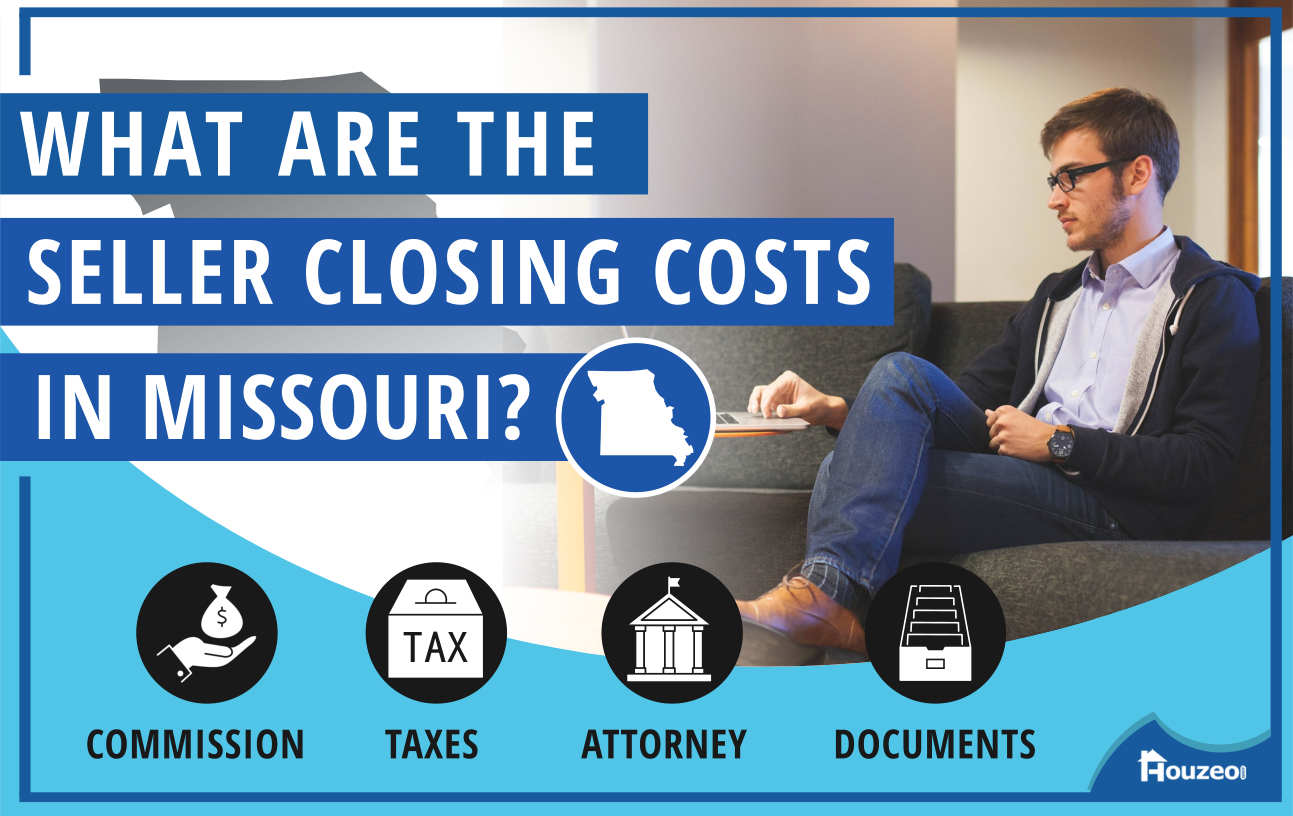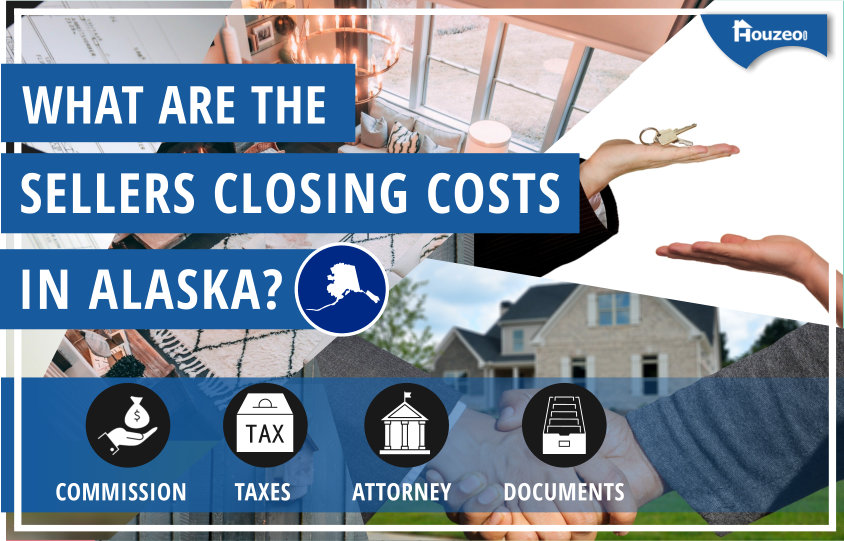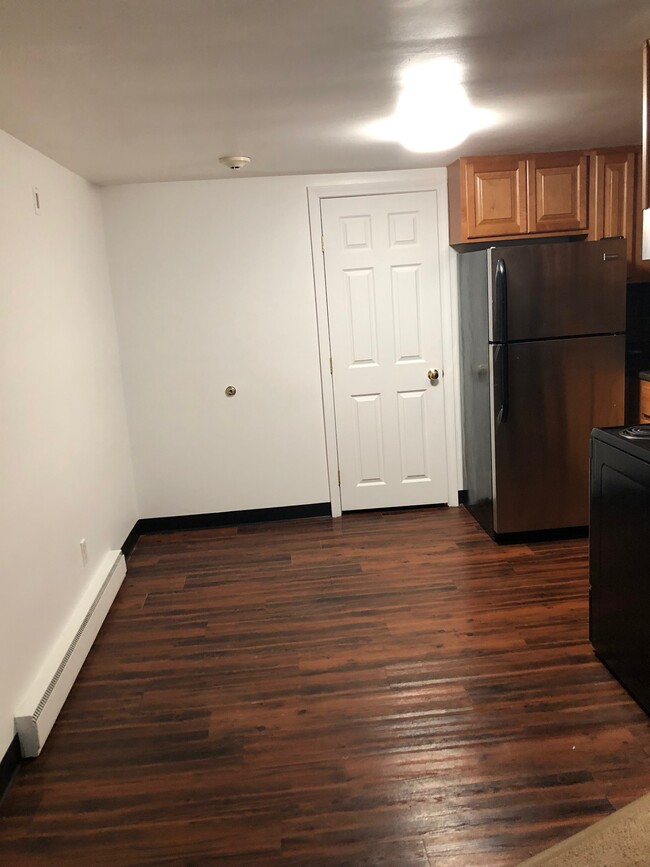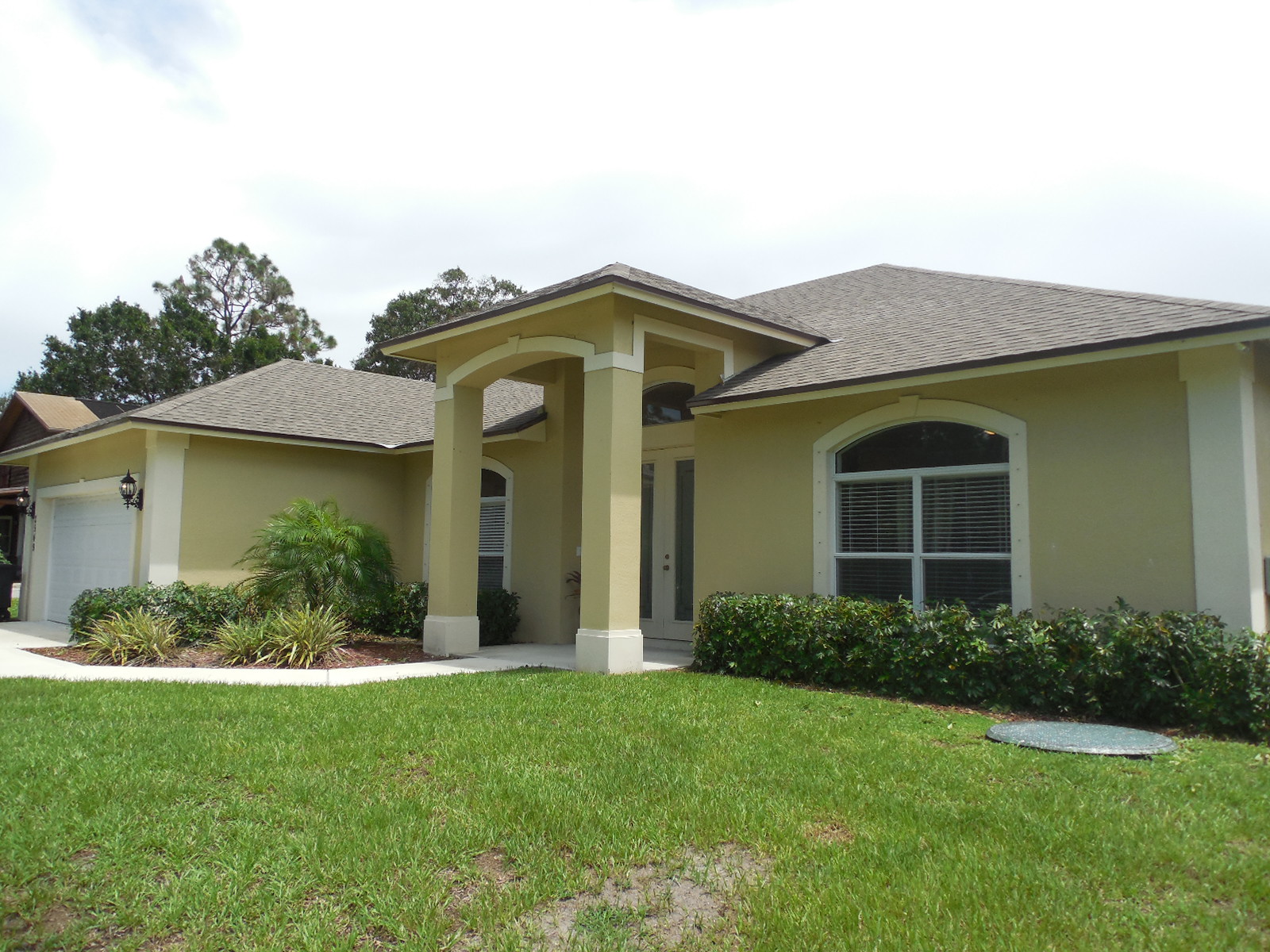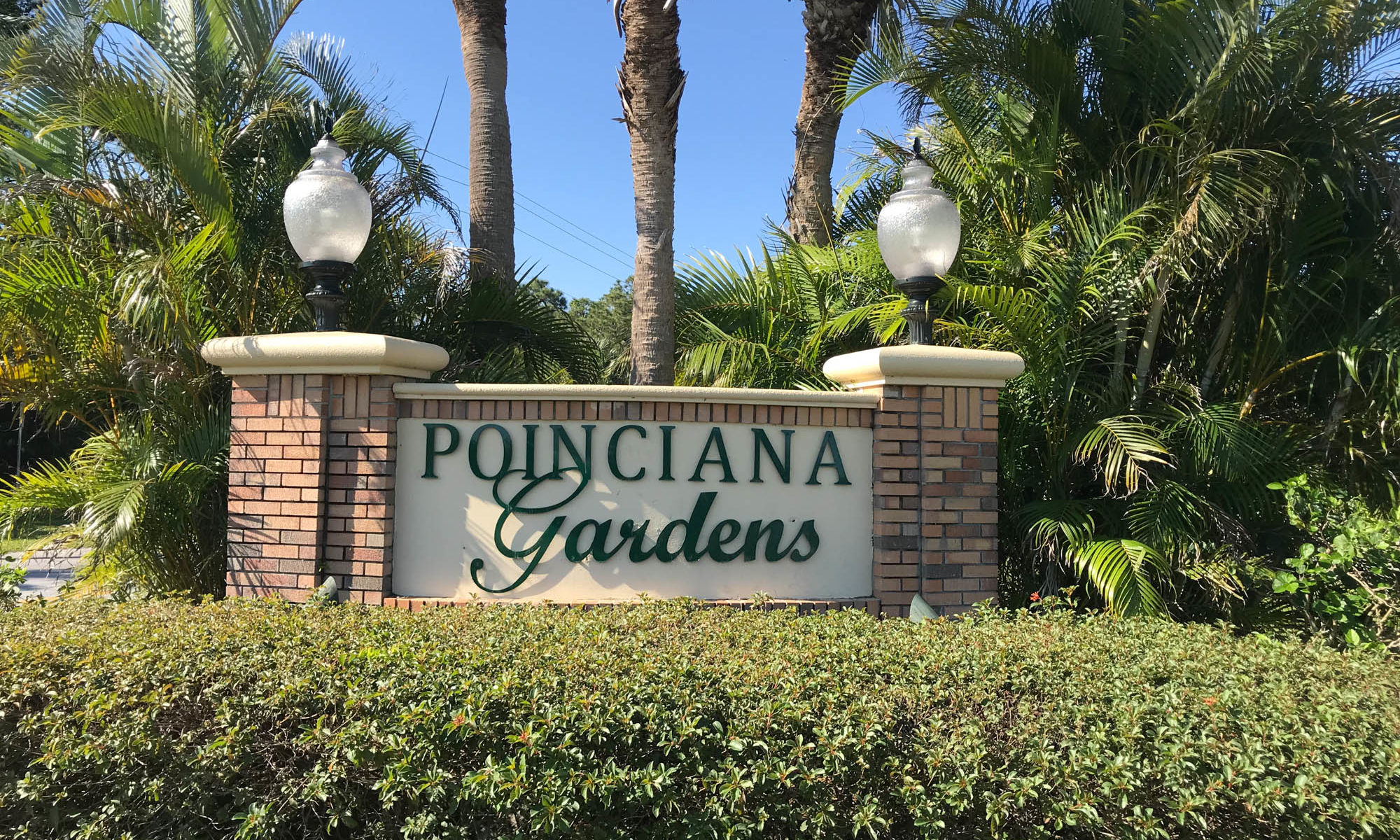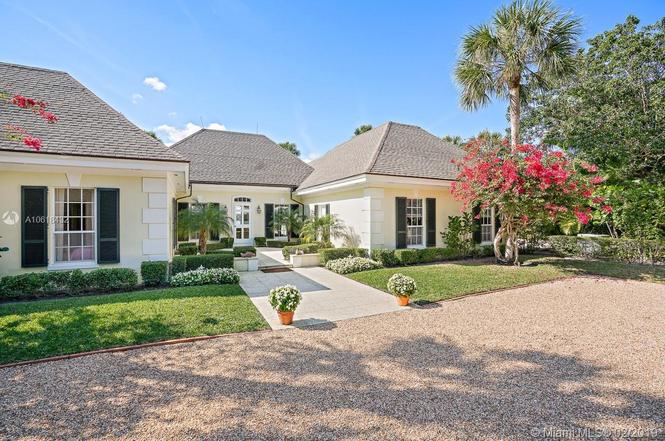Table of Content
Here’s a list of the most common closing costs in alphabetical order, including the general amount of the charge and purpose for the cost. Keep in mind that individual line items may change during the course of the transaction, up until your closing date, since many of the early figures are simply best estimates. You may be hit with a fee for paying off your mortgage early.

The commission to the real estate agent is 4%, transfer tax fee of 1%, payment of remaining mortgage of $60,000, and payment towards repairs of $1,000. Typically, both buyers and sellers pay closing costs, with buyers generally paying more than sellers. The buyer’s closing costs typically run 5 to 6 percent of the sale price, according to Realtor.com. Seller closing costs are a combination of taxes, fees, prepayments and services that vary depending on your location.
Learn About Quicken Loans
In that sense, you’re not covering your buyer’s tab — you paid the buyer’s agent to bring a serious, qualified buyer to your listing. A reasonable estimate for these costs is roughly 10 percent of the sale price, but your actual expenses can vary significantly. You understandably want to create a solid budget as you prepare to sell house, so a deeper look at the costs of selling a house is in order. In certain areas, you are required by law to have an attorney throughout this process. Attorney fees can be paid as a flat fee separately or included in your closing cost. Usually between 1% and 2% of the sale price, this deposit goes to the agent who helped you close the deal.
Yes, seller concessions can make the appraisal process difficult. Make sure the price offered is warranted for comparable sales in the area. Transfer taxes and recording fees are what your local government charges you to officially transfer the property between parties and to legally record that transaction. Depending on your situation, you may need or want to invest in new drapes, home décor that has more universal appeal and other items that your real estate agent or staging expert recommends.
Common Minor Repairs
You can learn more about the standards we follow in producing accurate, unbiased content in oureditorial policy. Now we’re just going to do a final review of the pros and cons. And of course, I want to say that when I’m looking at these pros and cons, I’m looking at it from the perspective of the seller. When you’re looking at these methods of how you can sell your home, it’s important to go back to what your motivation is and what are you goals.
When home sellers set out to calculate how much money they’ll make from their sale, they often forget to factor in seller closing costs. It’s hard not to feel blindsided by these costs, especially because they come at the end of the sale, and it isn’t always clear what exactly you’re paying for. Transfer taxes are the taxes imposed by your state or local government to transfer the title from the seller to the buyer. For a $350,000 purchase price, the real estate agent’s commission would come to $21,000. Buyers have the advantage of relying on sellers to pay real estate agent commissions.
What Are the Closing Costs for the Buyer?
You can repair harmless cracks so buyers don’t count them as red flags. According to HomeAdvisor, the average home inspection costs around $315 for small homes and condominium units. Seeing cracks on walls and ceilings can point to foundation issues.

We also match homeowners to qualified contractors in their local area for free quotes and quality home improvement services. You can request an estimate for the full payoff balance on your loan by contacting your lender directly. Your attorney or title agent will make the payments on your behalf, so you generally do not need to worry about making a payment directly to your lender.
Underwriting fee
If you can hire a pet-sitter, then it’s worth the extra bucks. The smoother the viewing goes, the higher chances you’ll get on a good offer. And when it comes to home viewing, it helps to have spotless carpets and tidy furniture. A listing broker or listing agent helps you list and sell your home. Learn what a listing broker does and when you might need one. By requesting a cash offer for your home, you can get cash from an investor fast, and that way you are able to buy another property quickly or just to move on with your life.
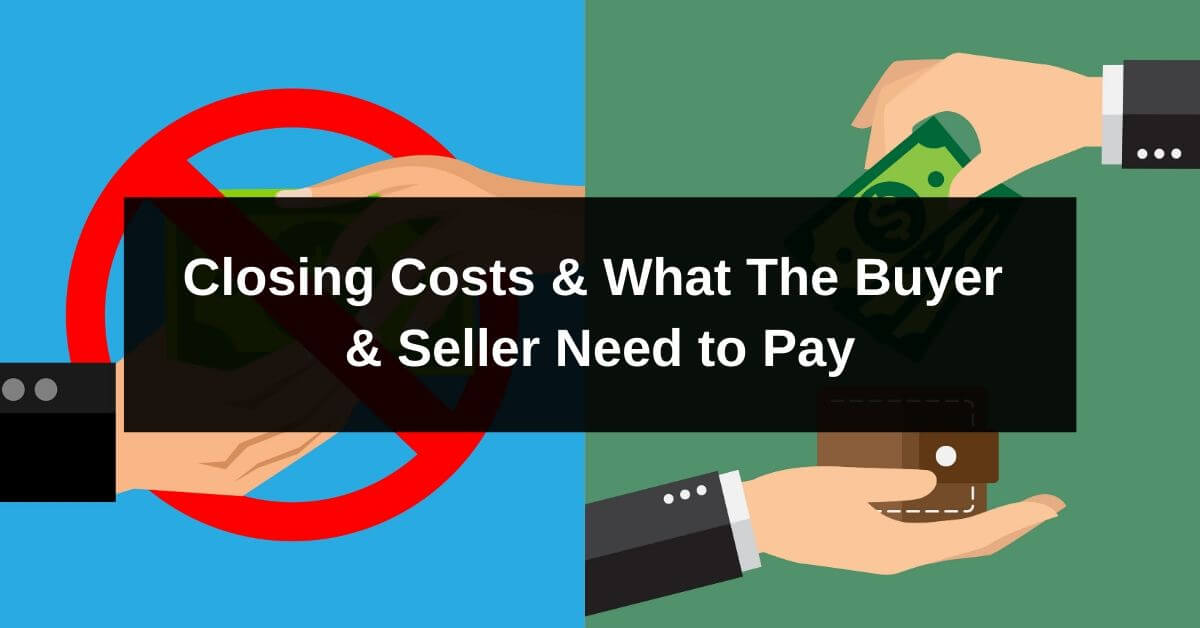
VA loan closing costs range between 1% and 5% of the total loan amount. The wide range can be attributed to the VA funding fee, which is used in VA loans instead of PMI or MIP. The cost of your funding fee ranges from 0.5% to 3.6% of the total loan cost, depending on a few factors like the type of home you’re buying and if you’ve used VA loan benefits before. Buyer closing costs are usually between 2% to 5% of the home’s purchase price.
The best way to estimate your closing costs is to review the Loan Estimate provided to you by your lender during the loan application process. If you’re not ready to apply for a loan but want to get a feel for how much you can afford, check out Zillow’s affordability calculator. You can also simply multiply a home’s sale price by 2% to get your minimum closing cost amount or 5% to get the high end of your potential closing costs. In addition to real estate transfer taxes, sellers must cover any unpaid property taxes. In most cases, your tax bill will be prorated for the portion of the year in which you actually owned the property. For example, if you owned the property for the first half of the year, you would owe half of the annual property taxes, and the rest would be the new owner’s responsibility.

Buyers would be well-advised to shop for different service providers and loan products to get the best possible rate. The smartest place to start waiving closing costs is with your lender. Occasionally, buyers can negotiate a mortgage that does not have closing costs at all. Since closing costs have to be paid at some point, however, lenders can then usually raise your interest rate or add the closing cost to the overall cost of your mortgage. Similar to property taxes, you will have to pay for any accrued HOA fees for the time you were the owner of the house up to the sale’s close date.



